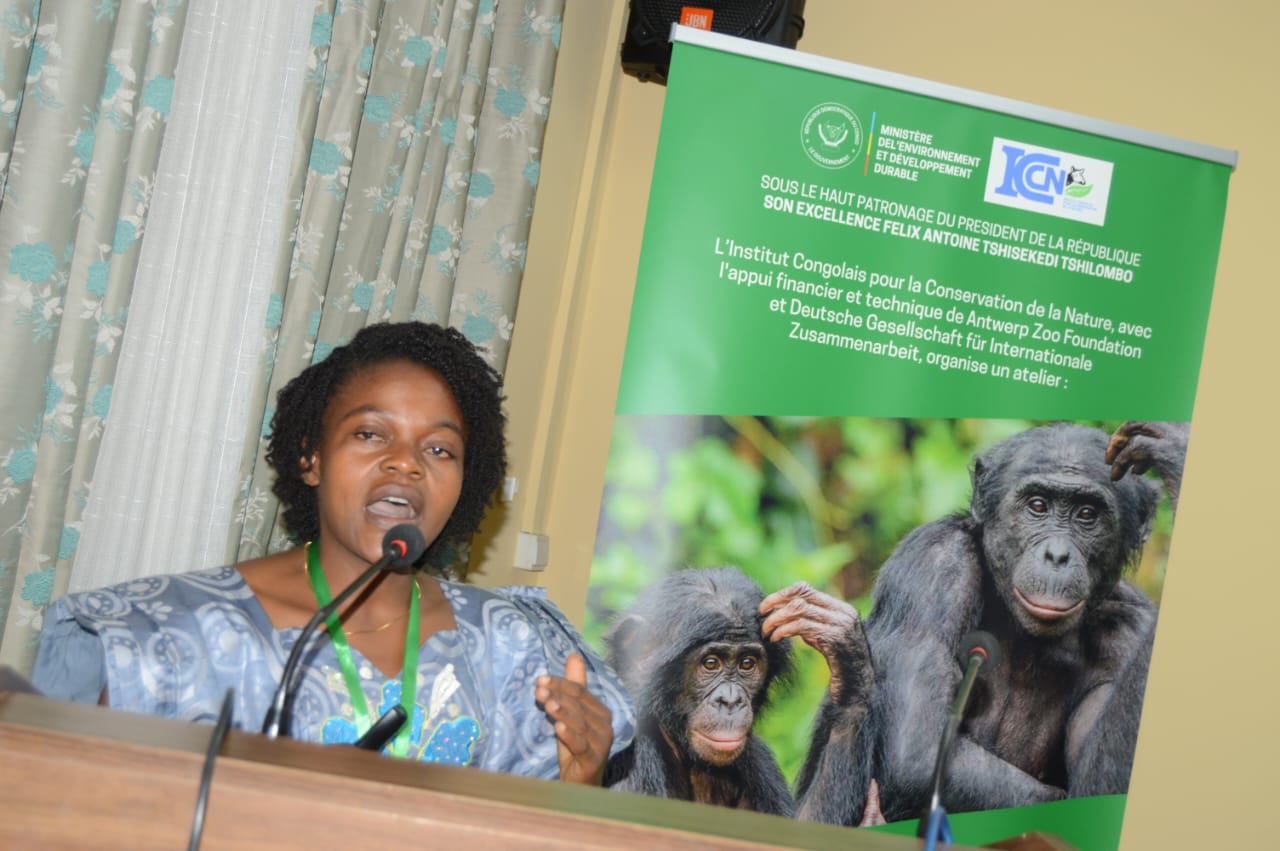Roundtable on “Bonobo Credit” — An Innovative Biodiversity Financing Mechanism

On Saturday, July 5, 2025, in Kinshasa, His Excellency President Félix-Antoine Tshisekedi Tshilombo officially opened the high-level roundtable on the “Bonobo Credit”, a groundbreaking environmental financing mechanism aimed at supporting biodiversity conservation and enhancing the livelihoods of local communities and Indigenous peoples.
Organized by the Institut Congolais pour la Conservation de la Nature (ICCN) in partnership with the Antwerp Zoo Foundation (AZF), the event brought together national and international experts from July 5 to 8 to explore sustainable financing strategies for conservation efforts across the Congo Basin.
The Director General of ICCN emphasized the significance of this initiative, calling it a “strategic and technical opportunity to strengthen the Democratic Republic of Congo’s efforts in developing payment mechanisms for environmental services.”
Beyond its ecological importance, the Bonobo Credit seeks to create lasting socio-economic impact by aligning conservation goals with community development.
The roundtable also featured SO WILD (Solutions for Wildlife), a Congolese organization promoting participatory conservation and community-based biodiversity management in Yangambi landscape. Represented by Ms. Emmanuela Mbangale, SO WILD presented the “Wildlife Credit”, a results-based Payment for Environmental Services (PES) model implemented in Yangambi landscape, Tshopo province.
Each year, the local community documents the presence of IUCN-listed threatened species such as chimpanzees, pangolins, and forest buffalo using camera traps to qualify for financial rewards. This initiative is supported by CIFOR-ICRAF.
The Bonobo and Wildlife Credit initiatives mark a pivotal shift toward inclusive, sustainable conservation financing in the DRC, placing local communities at the heart of biodiversity protection.

